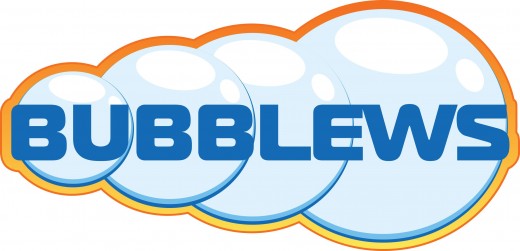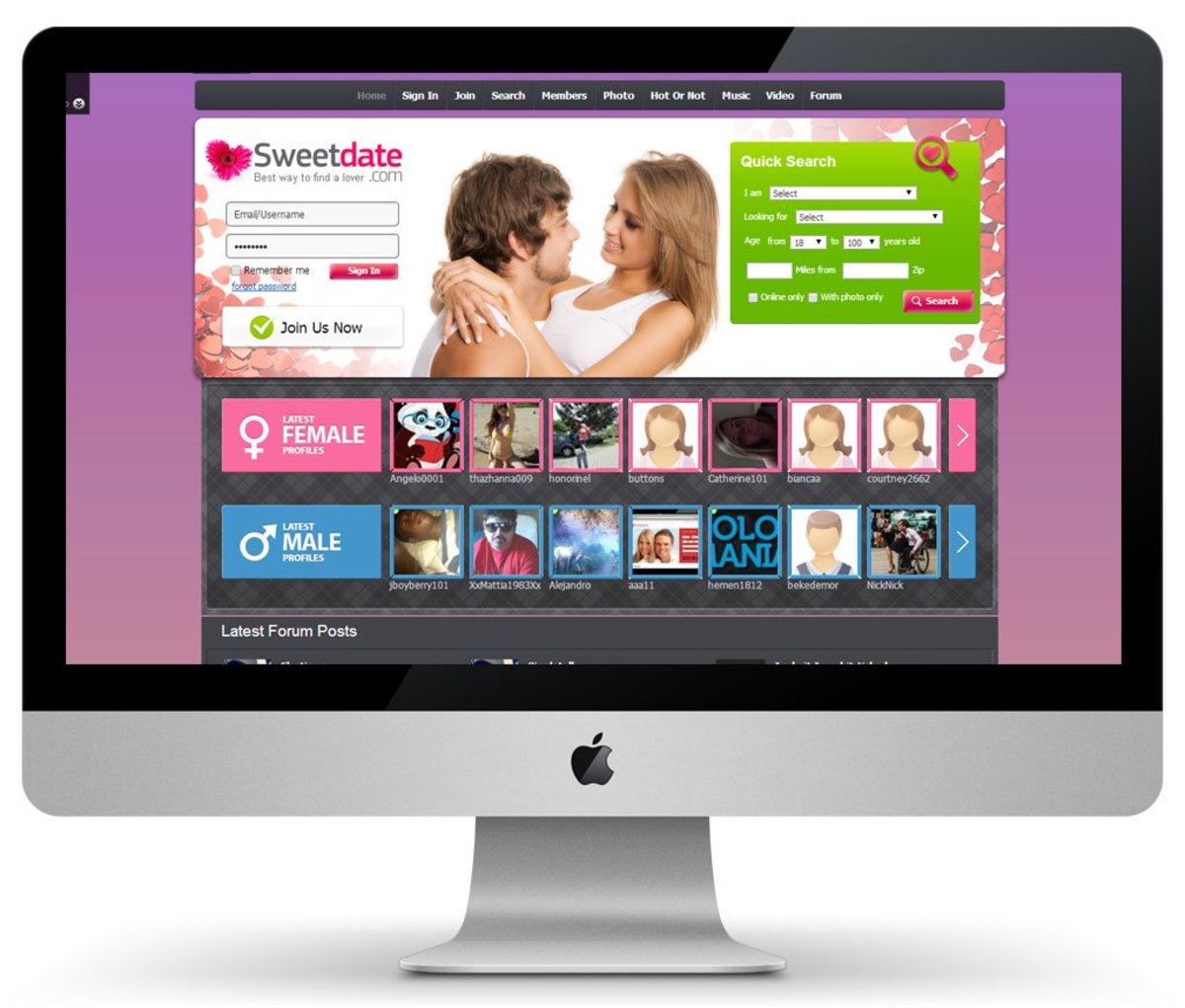- HubPages»
- Books, Literature, and Writing»
- Commercial & Creative Writing»
- Making Money as a Writer
How Online Scams Operate - Part 3 - Protecting Yourself

To Be Alert
One can not fully protect themselves from scams. However, recognizing they exist is important.
Just as being the victim of domestic violence, or being oppressed by a boss from hell, the major step is to recognize what it is and that this is what it is.
If a person entered a marriage aware of domestic violence, alert to the signs of it, they would be gone before the first slap. If an employee took a job alert to the possibility that this boss could be from hell, taking careful note of insults, attitudes, even posture; they wouldn't last the day.
If a person joined a site with the belief it could be a scam, they would not be ripped off to the extent they are.
All it takes is the same foresight in carrying an umbrella when the sky is cloudy.

Reflecting on the Blue Print
Online scams are not new. They have existed from the moment Scammers realized the possibility. For example, the ease of creating an online publishing site, the ability to earn money from it, and most of all, the likelihood of getting away with it.
How it is done is simple;
get a free website, make it look professional. Fill it with good articles plagiarized from all over the 'Net under different names.
Get Ad Sense and Amazon accounts.
Draft a 'Terms of Use' which allows you to kick anyone off the site for unspecific actions and confiscate their earnings.
Start Shilling!
Run to every social venue, from a message board to a writing site to tout your Scam.
Promise to pay 1c for every view, every like, every comment. Borrow money to cover the first pay outs.
The 2nd Payout is only made to those:
in the 1st World,
those who roped in 10 new users
those who defended the site against attack,
and a handful of others who don't match the grid to 'prove' legitimacy.
Those in the 3rd world, those who brought in no new users are not paid. Any money their articles generate is used to pay others.
When the non-paid users object and post items on other sites, revealing the scam, any user who defends the site, will be paid for as long as they do so.

Born Scam
A particular site was born the 'text book' scam. It followed the pattern; appearing out of nowhere full of articles which slowly were replaced by contributions by the members.
It offered to pay far beyond its capacity.
As mentioned in a previous article, advertisers pay for a view. Whatever is done during that view does not attract extra, save if that extra is a click on the Ad.
The site had a threshold which would require 18k views, (and most writers did not reach that number).
Everyone was paid the first time.
Thousands of people flocked the site after a portion of those who had been paid ran around roping in warm bodies, for they would be paid every time their referral code was used.
It didn't pay a large number of its users that second time, but many continued to contribute, unaware that there was no 'glitch' that the payment was not 'late', but that whatever they earned would be taken to pay others.
What was so interesting about this particular Scam was that many people kept writing despite the fact they weren't paid.
When the site went down there were users claiming the site owed them Seven pay outs...(or more!)
How could anyone keep writing when they weren't paid?
But more shocking, the fact that the site has gone down, has been proven to have been a Scam, is still be defending by common users.
These 'volunteer Shills', persons who had no connection to the owners, who know nothing about them, still....Defend them.

Self Protection
A new site arrives. Start from the premise that it may be a Scam.
Look at the rules, the requirements, the opportunities for the Owners to rip you off.
For example, what is the value of a view?
There are sites which tell you how many views you have every few hours, and how much money you have earned.
Hence if you had 20 views at 9 am and earned 2c, if at 12 pm you have 100 views, you expect to see that you have 10c.
If at 12 pm you have been dropped to 10 views you know this is a scam, and run.
If a site doesn't list money but some make believe point schedule, i.e the site is called Curily and you get various Curios for views and comments, this means the Owners will manipulate the value of a Curio.
Hence, if the payout is $10 the value of a Curio will change to prevent you from reaching the threshold. To be specific; if a Curio was 1c, two days ago, this would mean that having 10k views meant you reached the payout. The value of a Curio, (which of course is never revealed to the user) will now be .09 so that having 10k views means you are $1 shy of the pay out..
Be alert to these tricks.
Realise that 'everybody' will be paid the first time to dupe them into believing the site is legit.
Realise that your views will be manipulated so as to make it seem you did not reach the payout.
Realise that the 'Agreement' you signed allows the Owner absolute power to manipulate your earnings and toss you off the site before payout.
Realise that many comments will be made on your article to provoke a response which will allow the Owner to kick you off and pocket your earnings.
Realise that online publishing sites are created to make money for the site, not the contributors.








